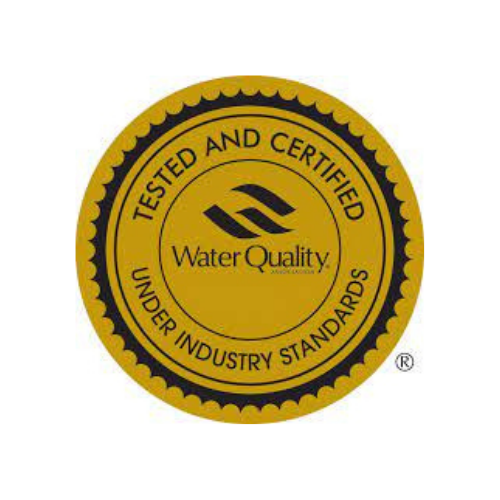Reverse osmosis and water softening are considered to be the powerful in the field of improving water quality because of their capacity to turn regular tap water into a revitalizing potion of purity.
Although each is strong on its own, when combined they make an incomparable force that guarantees your home has the best possible water quality.
Let’s examine the functions of water softening and reverse osmosis and how they complement each other to provide soft, pure, and revitalizing water.

Understanding Reverse Osmosis
Reverse osmosis (RO), at the forefront of water purification technology, is a technique that uses pressure to force water through a semi-permeable membrane in order to remove impurities.
This membrane functions as a barrier, permitting the passage of water molecules while impeding the passage of bigger particles, such as viruses, bacteria, and dissolved solids like salts and minerals.
The end product is clean, pure water that can be used for cooking and drinking
The Function of Water Softening
Although reverse osmosis is highly effective in eliminating impurities, it fails to tackle the problem of hard water resulting from the presence of minerals such as calcium and magnesium.
This is the application of a water softener. A water softener is a specialized device that replaces hardness minerals in water with sodium or potassium ions through ion exchange technology.
This procedure “softens” the water in an efficient manner, preventing the accumulation of scale in pipes and appliances and offering other health and home-related advantages.
The Advantages of Soft Water
The Synergy of Reverse Osmosis and Water Softening
When combined, reverse osmosis and water softening create a synergy that elevates water quality to new heights.
Reverse osmosis removes contaminants at the molecular level, ensuring that your drinking and cooking water is free from impurities and pollutants.
Meanwhile, a water softener tackles the issue of water hardness, providing you with soft water that not only tastes better but also contributes to healthier skin, shinier hair, and a more efficient home.
The Soft Water Conditioner Advantage
For those seeking the ultimate water quality solution, a soft water conditioner offers additional benefits beyond traditional water softening.
Unlike conventional water softeners, which use salt or potassium to regenerate their resin beds, soft water conditioners use a proprietary technology that requires no salt or chemicals.
This not only eliminates the need for ongoing salt purchases and reduces environmental impact but also ensures that your water remains free from added sodium or potassium.
With a soft water conditioner, you can enjoy the benefits of soft water without any compromises.
In conclusion, the combination of reverse osmosis and water softening represents a revolution in water quality enhancement.
By harnessing the power of these two technologies, you can enjoy soft, clean, and rejuvenating water throughout your home.
Whether you opt for a traditional water softener or a cutting-edge soft water conditioner, the benefits of soft water are undeniable.
Upgrade your water quality today and experience the difference for yourself.






